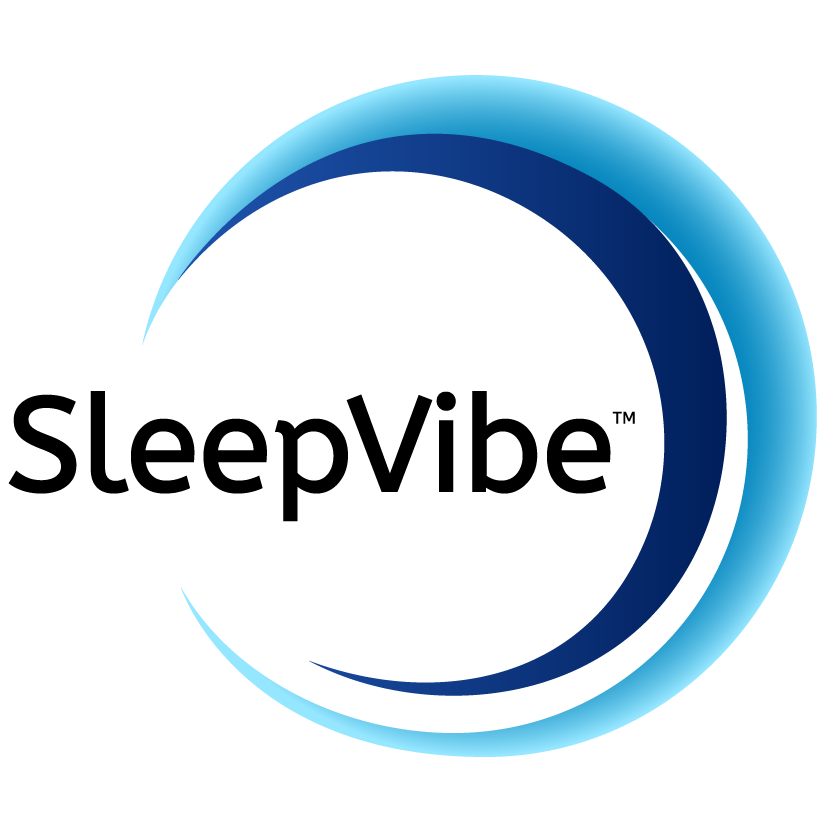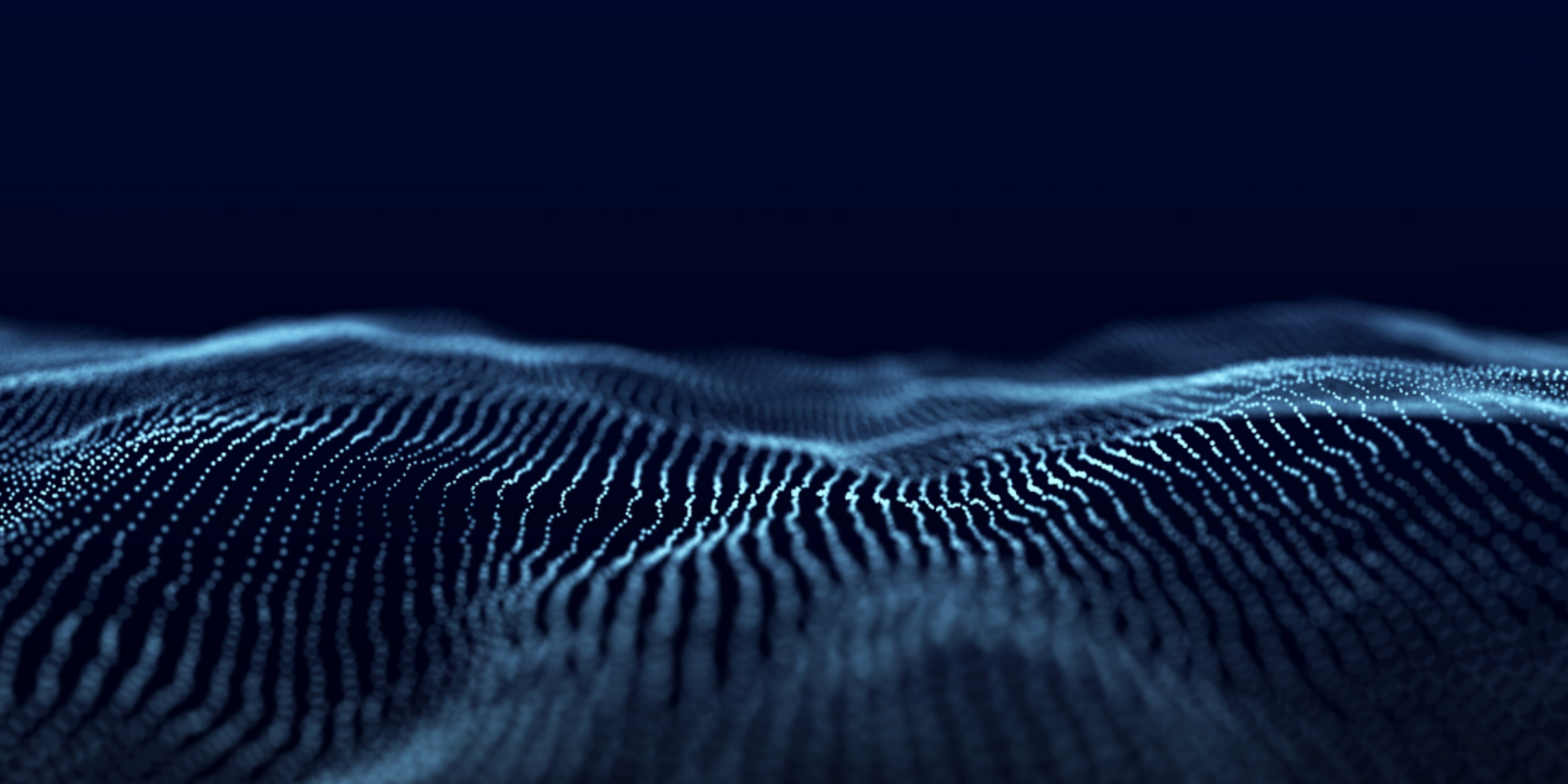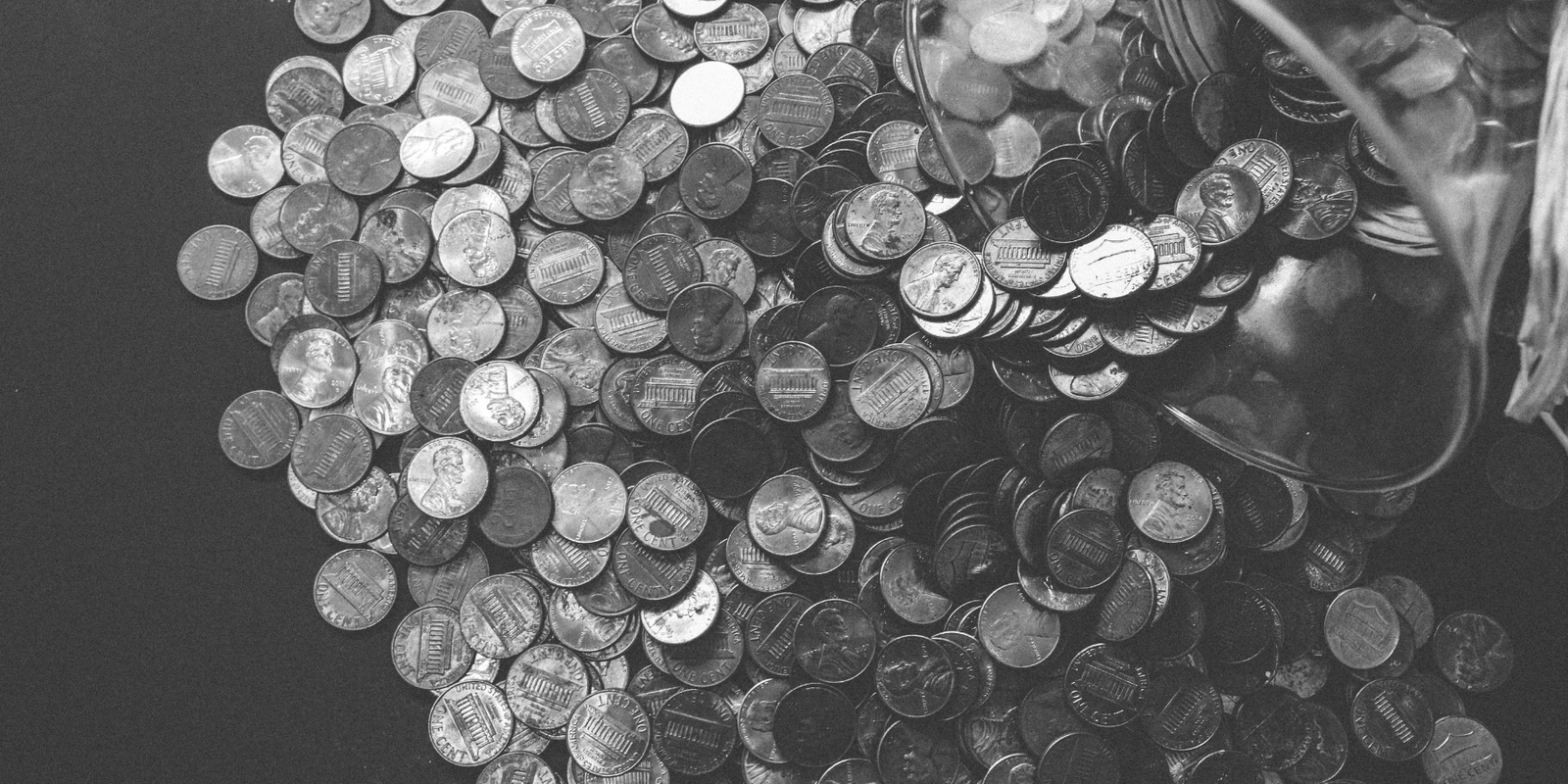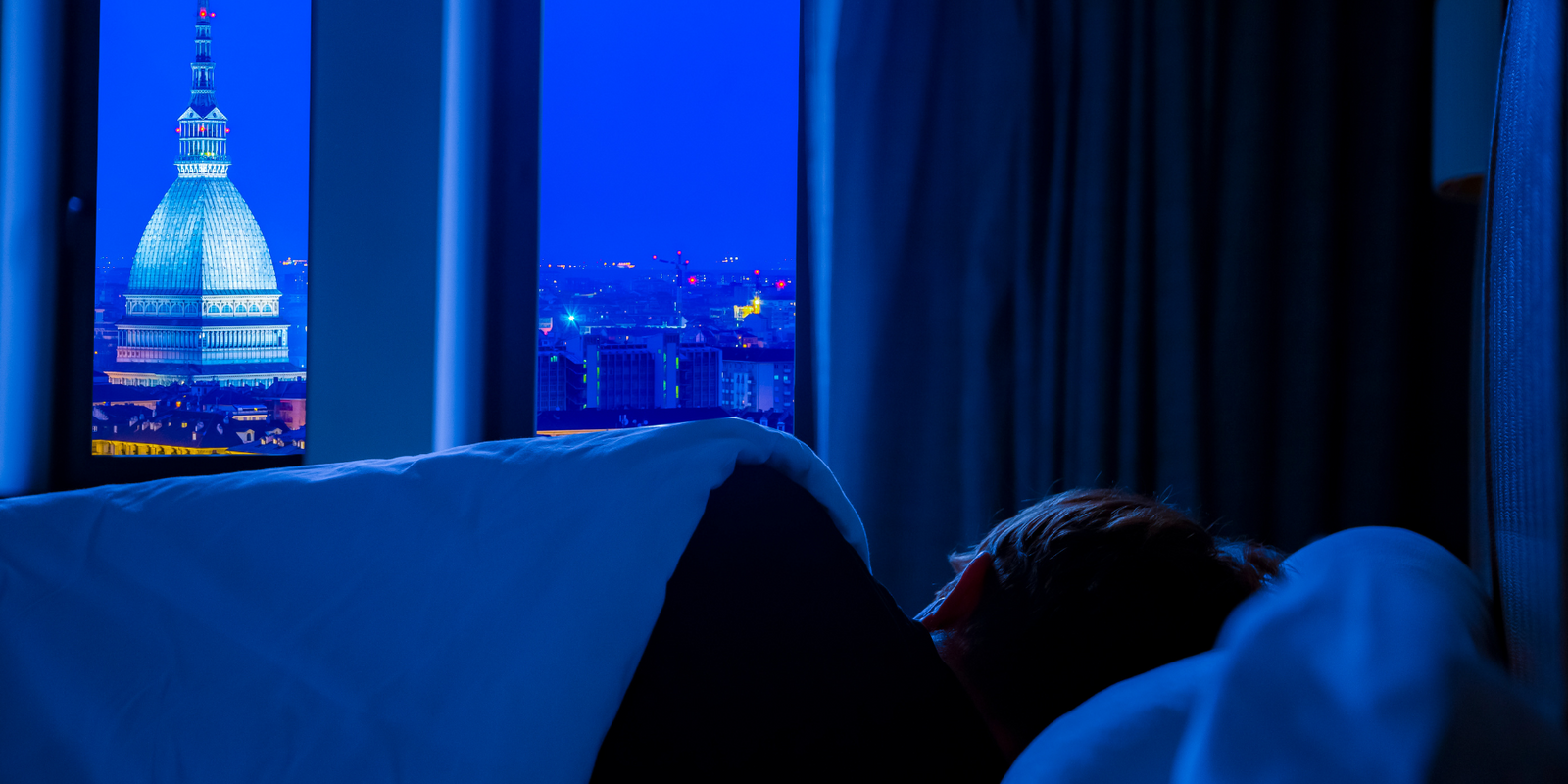If you’ve been struggling to get a good night's sleep, you’re not alone. Millions of people worldwide struggle to get quality rest, and the search for natural sleep aids has grown rapidly. One of the most exciting and innovative solutions to improve sleep quality is through the use of non-audible binaural beats. Binaural beats can help you fall asleep faster and promote deeper, more restorative sleep — all without the need for medications, exhaustive routines or noisy machines.
But what exactly are binaural beats and how do they work? Here’s what you need to know.
What Are Binaural Beats?
Binaural beats are created when two slightly different frequencies are played in each ear. The brain processes these frequencies and "hears" the difference between them, producing a third tone — a binaural beat — that promotes specific brainwave activity. Depending on the frequency, these beats can help with relaxation, focus or sleep.
- Delta waves (0.5-4 Hz) are linked to deep sleep and regeneration
- Theta waves (4-8 Hz) are associated with light sleep and dreams
- Alpha waves (8-13 Hz) are tied to calm wakefulness, ideal for winding down before bed
- Beta waves (13-30 Hz) are tied to concentration and focus when waking up
- Gamma waves (30-50Hz) are tied to maintaining concentration and focus for those already awake
By encouraging the brain to align with these frequencies, binaural beats help facilitate a cognitive state conducive to better sleep.
How Do Non-Audible Binaural Beats Work?
While many binaural beats are played at an audible level, non-audible binaural beats function in a way that the brain can still register the frequency changes without needing to "hear" them in the traditional sense. Silent binaural beats work by entraining your brainwaves into a sleep-friendly rhythm without any discernible sound. This makes binaural beats ideal for sleep, especially for those sensitive to sound disturbances.
A study published in Frontiers in Human Neuroscience found that exposure to binaural beats significantly improved participants’ sleep architecture, increasing their time spent in deep sleep stages. The study also suggested that binaural beats could enhance overall sleep quality, making them a viable alternative for those looking to improve their rest without medication or for a potential long term insomnia solution.
How Non-Audible Binaural Beats Affect Sleep Quality
The main benefit of non-audible binaural beats is their ability to entrain brainwave activity, encouraging deeper, more restful sleep. When your brain is exposed to delta or theta frequencies, it naturally shifts into the state needed for deep sleep and REM (dream) sleep. These stages are crucial for physical recovery, memory consolidation and overall well-being.
Using a sleep aid that incorporates non-audible binaural beats can help with the following:- Falling asleep quickly: Binaural beats promote relaxation, reducing the time it takes to drift off.
- Staying asleep: By aligning your brainwaves with sleep-promoting frequencies, binaural beats help reduce interruptions in sleep.
- Improving sleep quality: As the brain spends more time in deep sleep, you'll wake up feeling more refreshed and energized.
How to Use Silent Binaural Beats for Better Sleep
Incorporating non-audible binaural beats into your sleep routine is easy, and the results can be life-changing. Here’s how you can get started:
- Use a Binaural Beat Device: Technical sleep aids likeSleepVibemake it simple to experience the benefits of binaural beats without disrupting your sleep environment. Just place the device within 18 inches of your head, and it will work silently to entrain your brainwaves into a state of deep rest.
- Combine with a Relaxing Routine: For optimal results, pair your binaural beats with other sleep-enhancing habits, such as dimming the lights, turning off screens and practicing relaxation techniques like deep breathing or meditation.
-
Consistency is Key: Just like any sleep aid, binaural beats work best when used consistently in your dedicated sleep space. Over time, your brain will naturally begin to associate the beats with sleep, making it easier to fall asleep and stay asleep each night. SleepVibe is designed to be left on continuously, making your bedroom a haven for restful sleep.
Why Choose Non-audible Binaural Beats Over Traditional Sleep Aids?
Unlike traditional sleep aids (like sleeping pills or supplements), binaural beats offer a non-invasive way to improve your sleep quality. They work by aligning with your brain’s natural rhythms, helping you achieve deeper rest without side effects or dependence. Traditional sleep aids like melatonin can leave you groggy the next day, but with SleepVibe, you awaken feeling rested and refreshed.
If you’ve been looking for a natural and effective way to improve your sleep, non-audible binaural beats may be the perfect solution. By harnessing the power of brainwave entrainment, binaural beats can help you fall asleep faster, stay asleep longer and wake up feeling refreshed. Try using a sleep aid like SleepVibe to experience the transformative effects of non-audible binaural beats for yourself.



